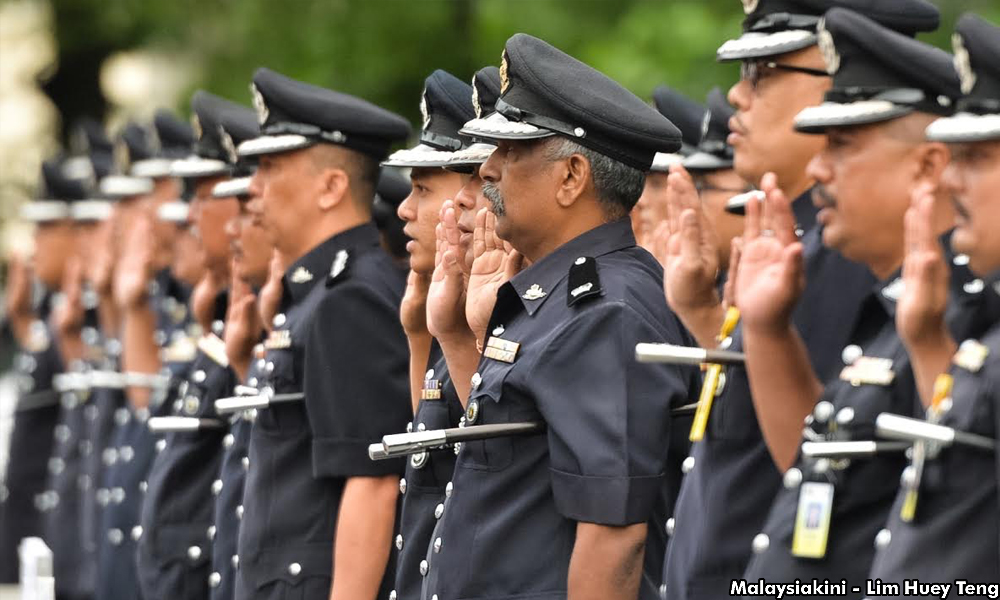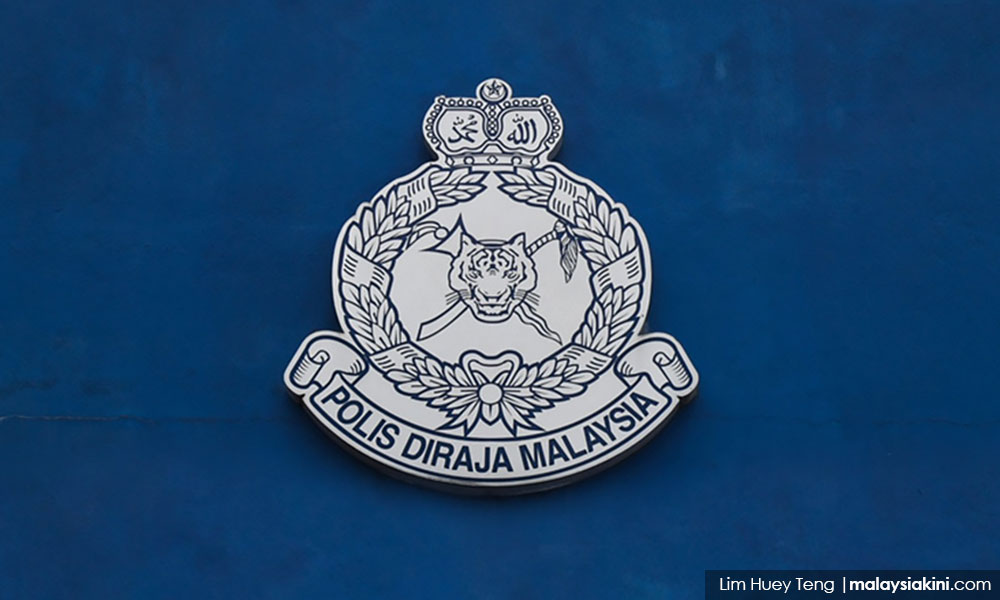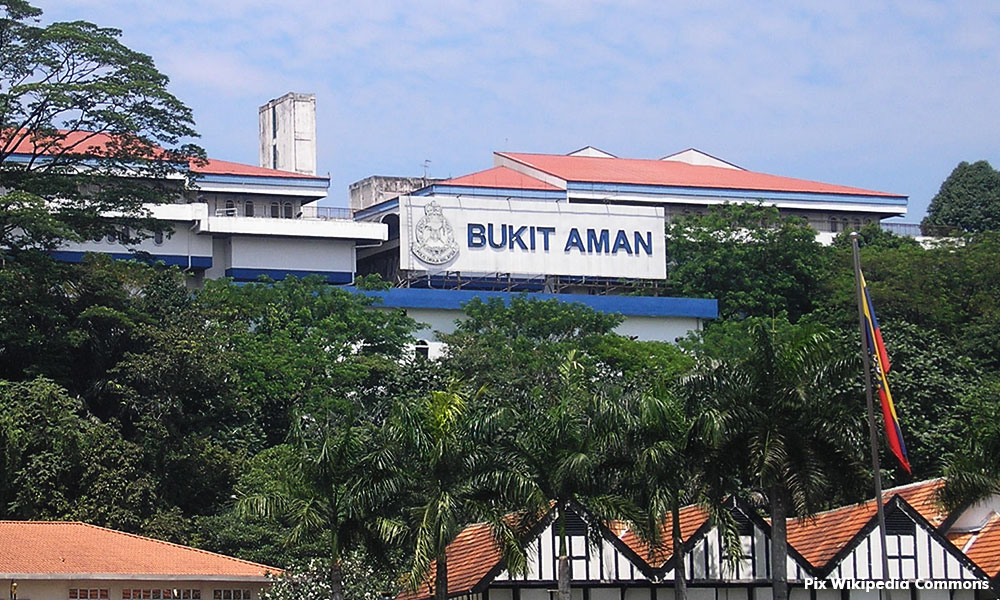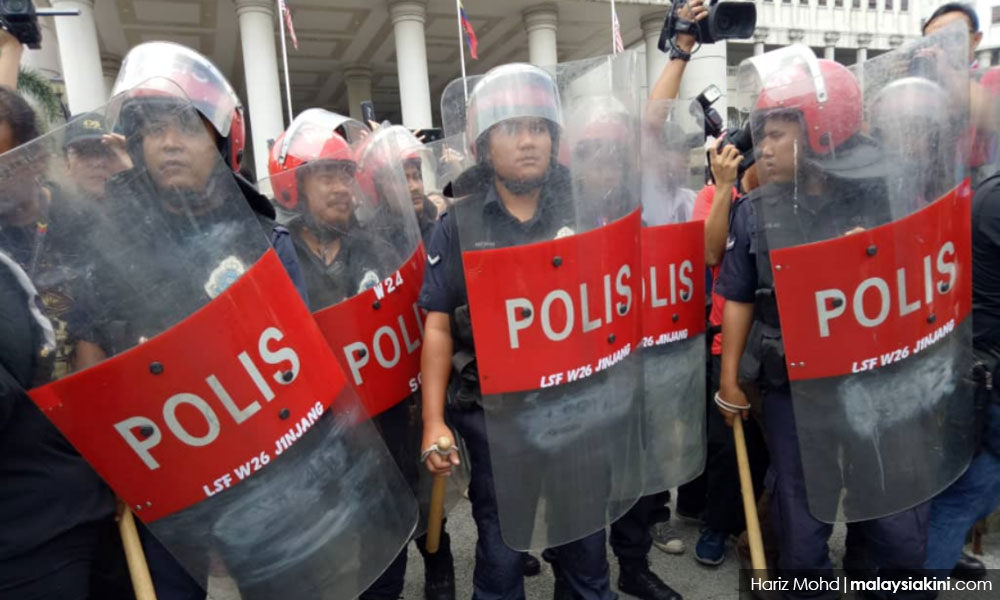
This is a special year as Human Rights Day on Dec 10 marks the 70th anniversary of the Universal Declaration of Human Rights.
This is a milestone document that proclaimed the inalienable rights which everyone is inherently entitled to as a human being - regardless of race, colour, religion, sex, language, political or other opinion, national or social origin, property, birth or other status.
This year is a special year for Malaysia, too, as this is the year our newly elected government has put institutional reforms and the rule of law upfront and centre.
A key institutional reform is that of the Royal Malaysia Police (PDRM) force and at the core of policing is a human rights framework.
The Society for the Promotion of Human Rights (Prroham) takes this opportunity as we commemorate Human Rights Day in Malaysia Bahru to call for police accountability.
In September 2018, civil society welcomed the announcement by Prime Minister Dr Mahathir Mohamad that the Enforcement Agency Integrity Commission (EAIC) will be upgraded to become an Independent Police Complaints and Misconduct Commission (IPCMC).
The prime minister further added that the move would enhance the agency’s role and allow it to investigate complaints more holistically.

However, we are now concerned that the EAIC which has been charged with drafting a new bill to upgrade itself into an IPCMC is reinventing the wheel and not basing its new draft on an existing bill that was carefully drafted by the Royal Commission to Enhance the Operation and Management of the Royal Malaysia Police (Royal Commission) of 2004-2005.
We believe that that there is no need to substantially change the bill, first drafted in 2005, and has now recently been revised by the Bar Council taking into account the concerns of the police regarding issues like judicial review etc.
Proham would like to draw the government’s attention to the Royal Commission report and enunciate the details of what the commission envisaged in the setting up of an IPCMC.
Incidentally, the Royal Commission Report of May 2005 had 125 recommendations of which 48 recommendations pertained to the welfare of the police force.
The setting up of an independent oversight mechanism is the most important recommendation with a timeline of one year.
The report had stated that police culture is often inward-looking and closed and mindsets are usually resistant to change. Society cannot, therefore, rely on internal mechanics alone to ensure PDRM effectively implements and abides by rules and regulations.
The establishment of an external oversight agency for PDRM would be a profoundly important development in the governance of this important organisation.
The role of this commission is straight-forward. The IPCMC is intended to receive and investigate complaints about PDRM and its personnel and prevent, detect and investigate other serious misconduct.

It proposes measures to the home minister to improve police integrity, reduce misconduct while building public confidence in PDRM.
Furthermore, the IPCMC will be an independent body that will be established pursuant to an act of parliament and it will not supplant or supersede any existing organisations such as the MACC or Suhakam but to complement them.
IPCMC should be provided with a sufficiently strong staff to enable it to perform its function effectively. The royal commission was clear that in terms of composition, the members of the IPCMC may not be drawn from retired or serving police officers.
The powers of the IPCMC must include receiving complaints from the public regarding alleged police misconduct, to decide whether to investigate a complaint on its own or with other agencies and initiate an investigation on its own even without receiving a complaint.
The powers vested in the IPCMC shall cause PDRM or other relevant agencies to produce for inspection, any documents or items that have a bearing upon a case. It should have the power to summon witnesses and hear sworn testimony, and to enter and inspect any premises occupied or used by a public body or statutory authority.

Once the IPCMC has decided that a police officer is guilty of misconduct or other offences defined in the IPCMC Act, it can order (not recommend) such actions as it deems fit to be taken, including caution and discharge of the police officer, suspension of allowances and increments, reduction in rank, fine or dismissal.
The current EAIC can merely make recommendations and cannot be transformed into the IPCMC without greater powers and subsequently without greater bite.
It has now been 13 years since the Royal Commission report was submitted to the King and government. The draft bill in this report and its subsequent revision by the Bar Council must form the basis of the new bill.
Additionally, before it is tabled in Parliament in 2019, there must be consultations from all stakeholders.
Having said that, Proham acknowledges and deeply appreciates that all over Malaysia, most police officers are carrying out vital services, even putting their lives on the line. An effective oversight mechanism can only enhance the noble work of the PDRM and not detract from it.
PROHAM is the Society for the Promotion of Human Rights (Persatuan Promosi Hak Asasi Manusia). - Mkini



No comments:
Post a Comment
Note: Only a member of this blog may post a comment.